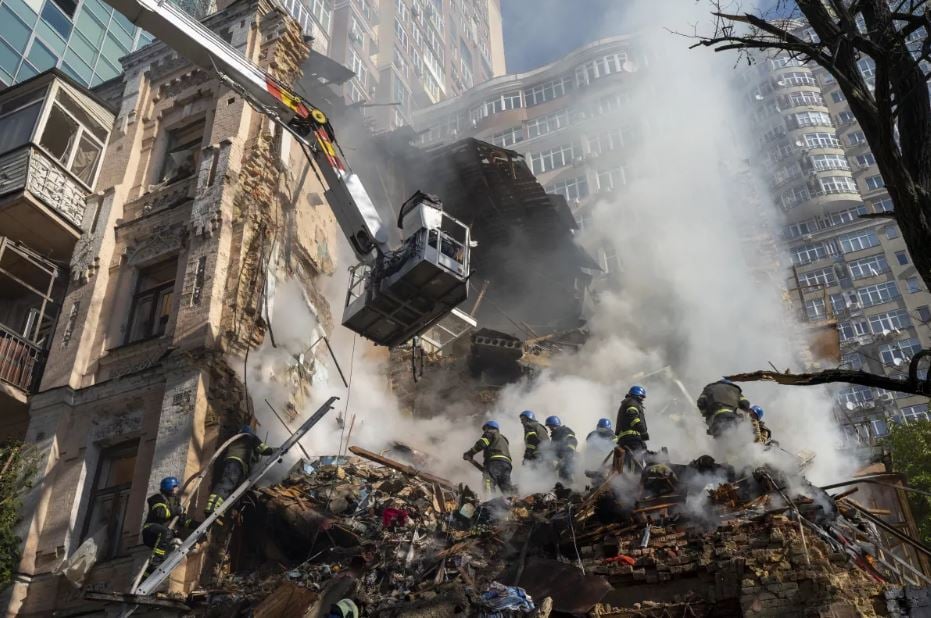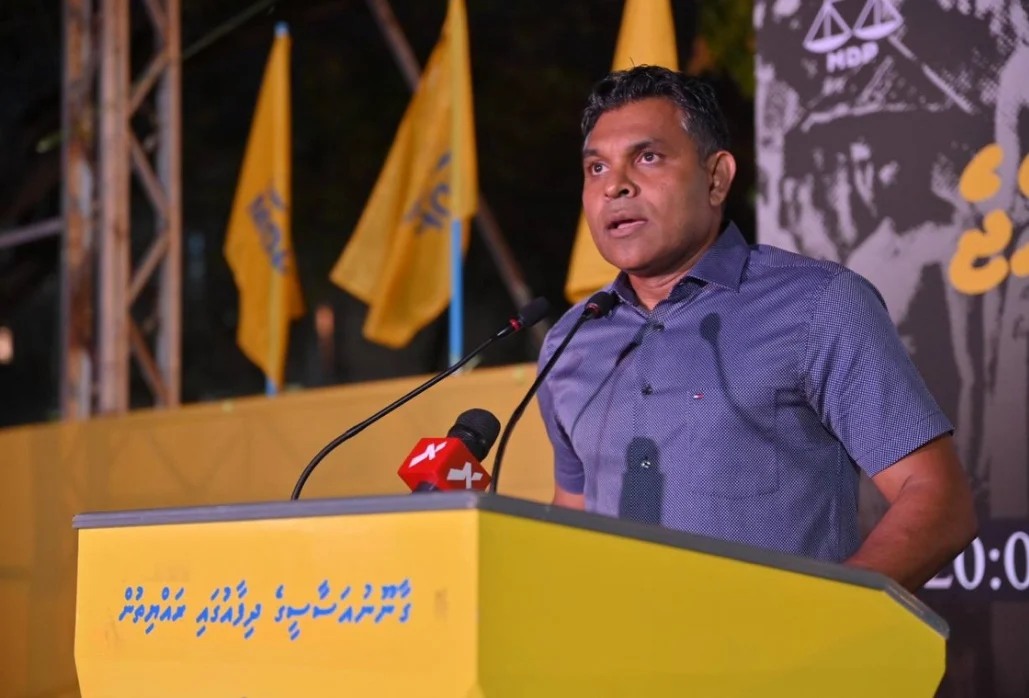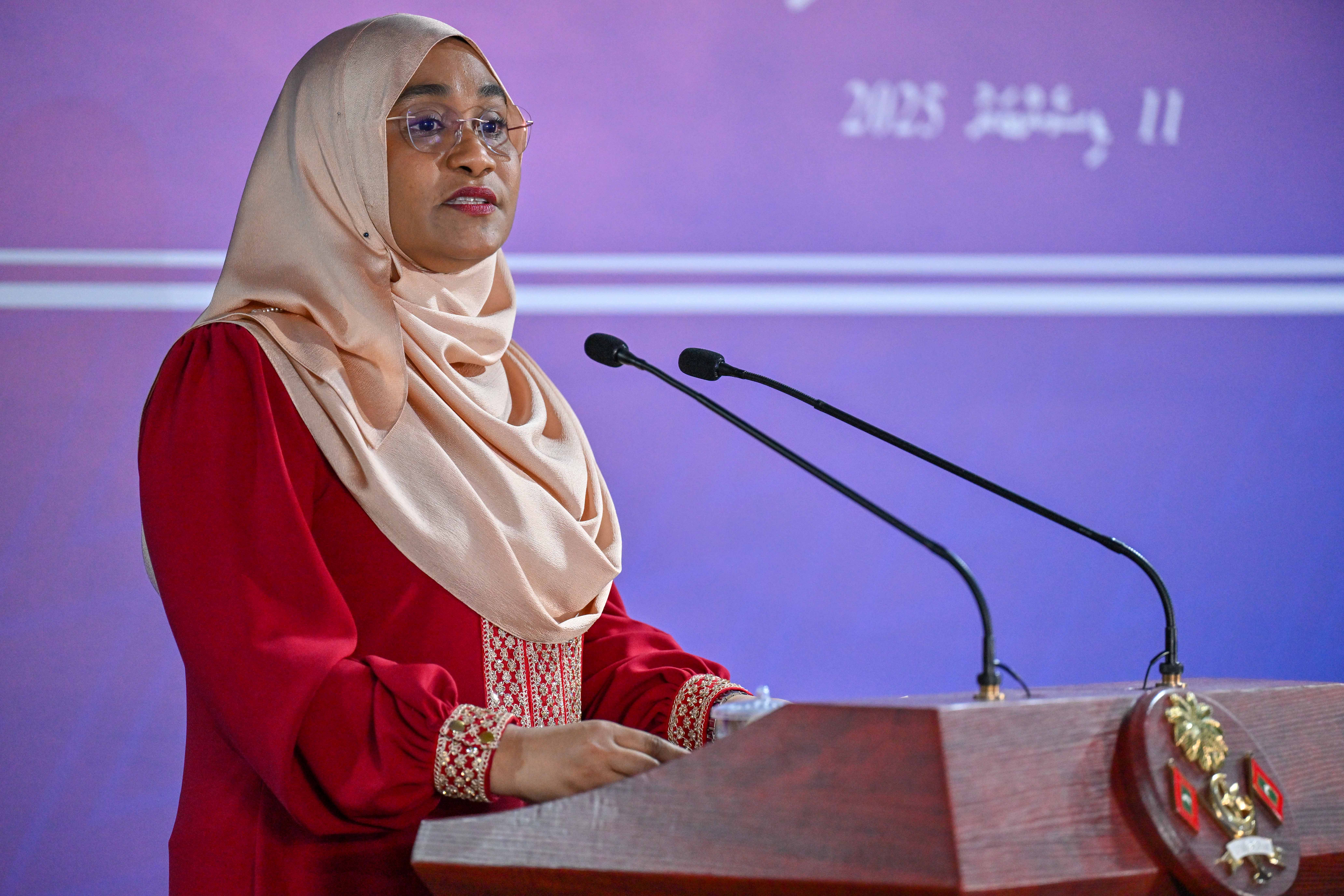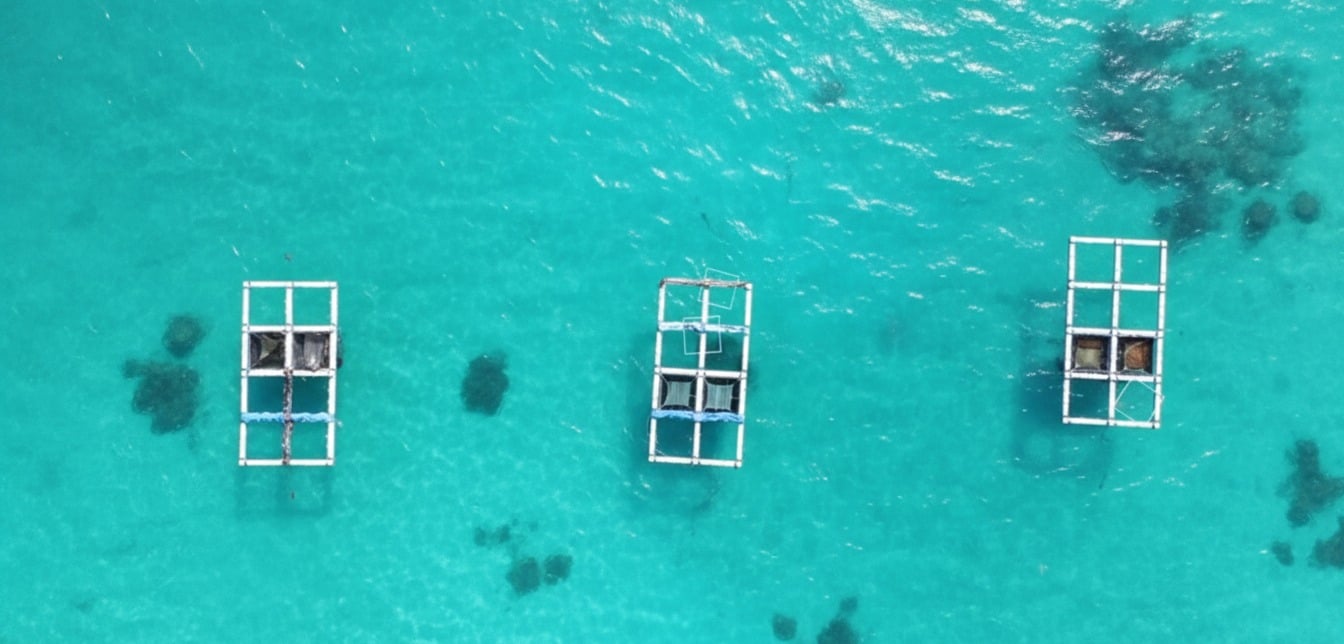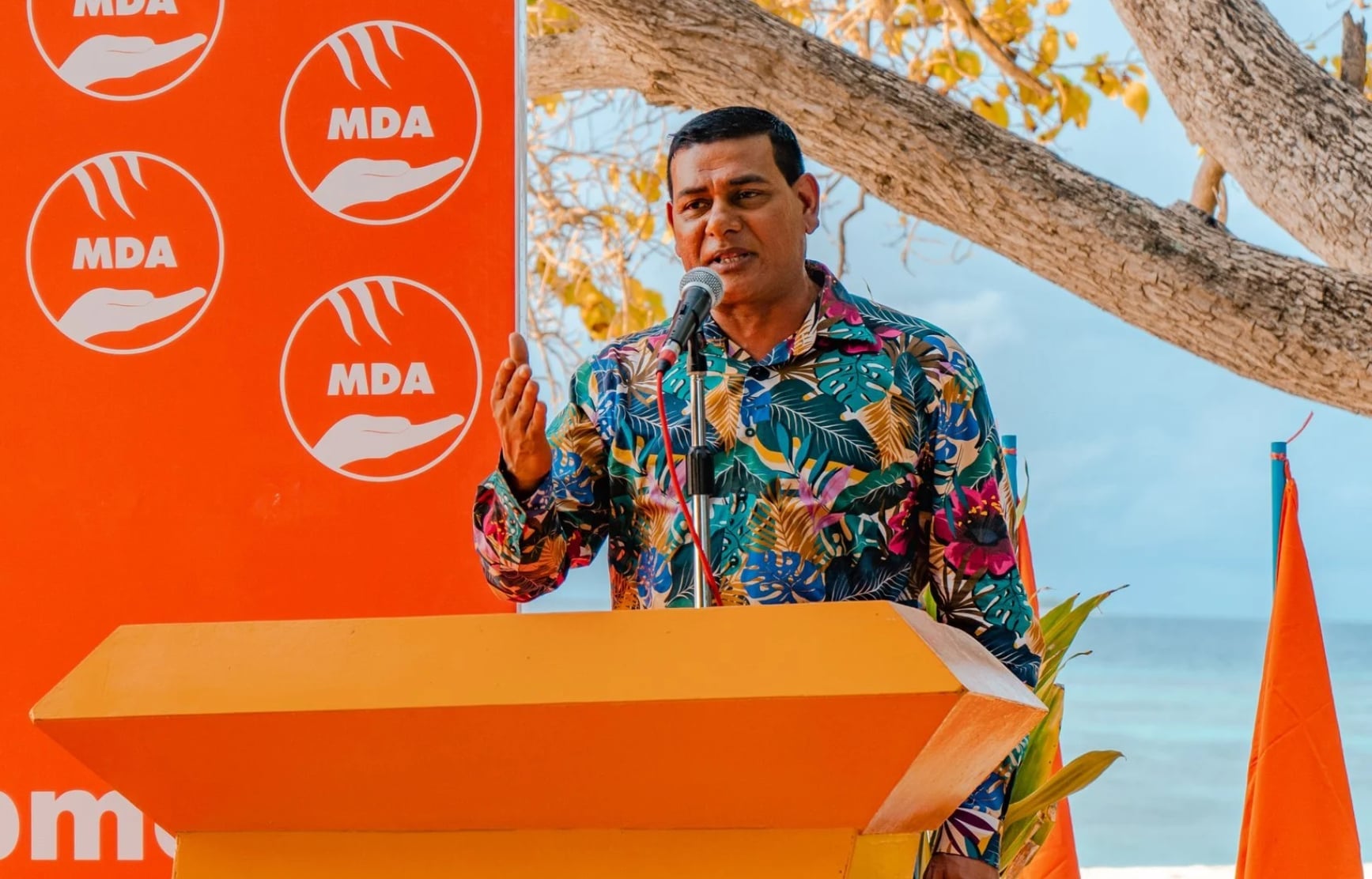At a recent Security Council meeting, the US and its Western allies pushed for Secretary-General Antonio Guterres to have the authority to look into whether Russia deployed Iranian drones to target people and power stations in Ukraine.
Moscow's claim that the UN chief would be in violation of the UN Charter was rejected by them.
Vassily Nebenzia, the Russian ambassador to the UN who requested the meeting, asserted that only the Security Council has the authority to order an investigation. The secretary-general "must not seek or receive directions from any government or from any other authority external to the organization," according to Article 100 of the charter, which he referenced.
Russia's argument, according to US deputy ambassador Robert Wood, is "just dumbfounding" and an effort "to divert attention from its own gross crimes in Ukraine."
By attacking its neighbor and seeking to annex its borders, Russia, according to French Ambassador Nicolas De Riviere, "tramples on the principles of the UN Charter" and commits continual violations.
James Kariuki, the deputy ambassador of the United Kingdom, described it as "yet another attempt by Russia to divert attention from its atrocities in Ukraine, and Iran and Russia's inability to follow their international duties."
The Western envoys said the Security Council’s time is being wasted by Russia, which is engaged in a blitz of activity at the council.
Russia called closed-door consultations Tuesday about its unfounded allegations that Ukraine is preparing a dirty bomb. It called Wednesday’s meeting to try to prevent the investigation of its purported use of Iranian drones. And it called a meeting Thursday on its claims that secret American labs in Ukraine were engaged in biological warfare — a charge denied by the US and Ukraine.
In a letter to the Security Council last Wednesday, Ukrainian Ambassador Sergiy Kyslytsya accused Iran of violating a council ban on the transfer of drones capable of flying 300 kilometers (about 185 miles).
That provision was part of Security Council Resolution 2231, which endorsed the 2015 nuclear deal between Iran and six key nations — the US, Russia, China, Britain, France, and Germany — aimed at curbing Tehran’s nuclear activities and preventing the country from developing a nuclear weapon.
Moscow's claim that the UN chief would be in violation of the UN Charter was rejected by them.
Vassily Nebenzia, the Russian ambassador to the UN who requested the meeting, asserted that only the Security Council has the authority to order an investigation. The secretary-general "must not seek or receive directions from any government or from any other authority external to the organization," according to Article 100 of the charter, which he referenced.
Russia's argument, according to US deputy ambassador Robert Wood, is "just dumbfounding" and an effort "to divert attention from its own gross crimes in Ukraine."
By attacking its neighbor and seeking to annex its borders, Russia, according to French Ambassador Nicolas De Riviere, "tramples on the principles of the UN Charter" and commits continual violations.
James Kariuki, the deputy ambassador of the United Kingdom, described it as "yet another attempt by Russia to divert attention from its atrocities in Ukraine, and Iran and Russia's inability to follow their international duties."
The Western envoys said the Security Council’s time is being wasted by Russia, which is engaged in a blitz of activity at the council.
Russia called closed-door consultations Tuesday about its unfounded allegations that Ukraine is preparing a dirty bomb. It called Wednesday’s meeting to try to prevent the investigation of its purported use of Iranian drones. And it called a meeting Thursday on its claims that secret American labs in Ukraine were engaged in biological warfare — a charge denied by the US and Ukraine.
In a letter to the Security Council last Wednesday, Ukrainian Ambassador Sergiy Kyslytsya accused Iran of violating a council ban on the transfer of drones capable of flying 300 kilometers (about 185 miles).
That provision was part of Security Council Resolution 2231, which endorsed the 2015 nuclear deal between Iran and six key nations — the US, Russia, China, Britain, France, and Germany — aimed at curbing Tehran’s nuclear activities and preventing the country from developing a nuclear weapon.





